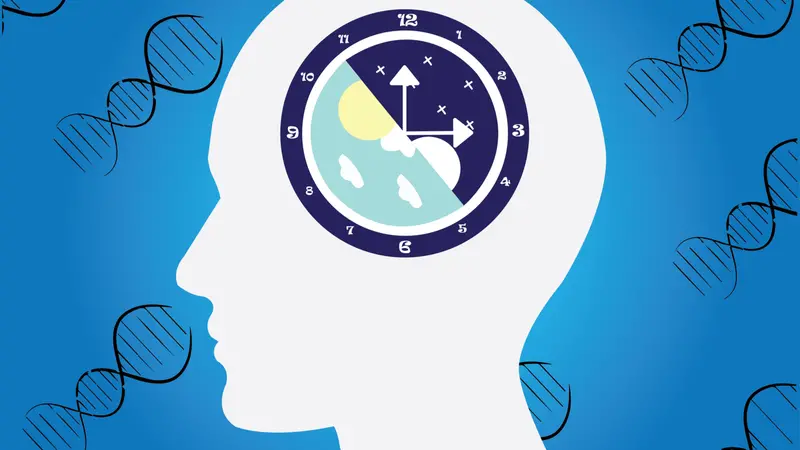

Industry News

Industry News
Circadian Rhythms May Impact the Body’s Ability to Fight Disease
The body’s ability to fight disease may rely more heavily on daily circadian cycles than previously assumed, according to a new study published in the journal Genome Research.
Researchers from the Rensselaer Polytechnic Institute conducted an analysis of cell data, focusing on the activity of macrophages, which are specialized immune cells that recognize and destroy foreign intruders in the body.
The researchers found that the microphages may change their responses to pathogens and stress at different times of the day, in concert with the circadian system, the internal 24-hour “body clock.”
Evaluating levels of RNA and protein for macrophages over two days, the scientists were able to show that the timing of key immune processes was controlled by rhythmic changes in energy production. The researchers were then able to predict and demonstrate that the circadian clock regulated metabolism to time key immune functions in macrophages.
This new study suggests immune system killer cells are controlled by circadian rhythms. Existing research links malfunctions in circadian rhythms with diseases such as diabetes, cancer, and Alzheimer’s. Further study of the circadian timing of the immune system may have implications for human health, disease treatment, and vaccine efficacy.
REFERENCES
Rensselaer Polytechnic Institute Center for Biotechnology & Interdisciplinary Studies. (2021, January 12). Immune system killer cells controlled by circadian rhythms. https://biotech.rpi.edu/news/01122021-0000/immune-system-killer-cells-controlled-circadian-rhythms


 By
By







